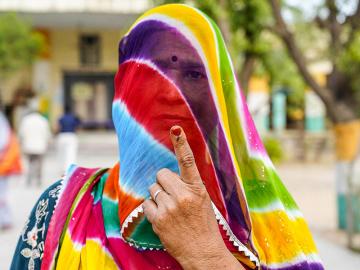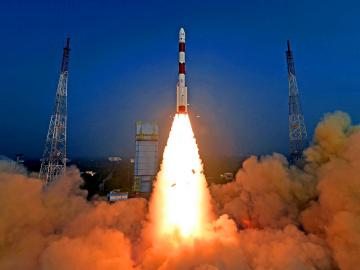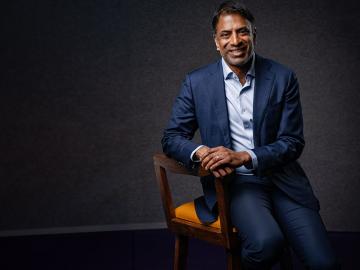
Bans Don't Curb Speculation
Forward Markets Commission (FMC) chairman Bishnu Charan Khatua tells Forbes India that price discovery becomes difficult if futures are banned
Name: Bishnu Charan Khatua
Age: 59 years
Career: Chairman, Forward Markets Commission since May 2007, Textiles Commissioner of India and Principal Secretary (Water Supply and Sanitation) Maharashtra. IAS, 1976 batch.
Education: Finance graduate, Jamnalal Bajaj Institute, Mumbai. Finance graduate, Birmingham University, UK.
Interests: Reading (fiction / management), travelling, cricket.
Agriculture remains a very sensitive sector for India, since it deals with food. The government believes that banning such trading would curb speculation.
But prices continue to soar…
Yes, that is true. And it is quite possible that the government will take cognizance of this fact and then come to a decision.
What is the FMC’s view?
We report to the ministries of both Agriculture and Consumer Affairs. We have given them our factual finding: That banning futures does not prevent prices from rising, and that price discovery becomes more difficult if futures are banned. In India, because of the sensitive nature of agriculture, the government and the FMC has allowed only futures, but not options. And derivatives have yet to be cleared.
When you took over as FMC chairman in 2007, there were three national commodity exchanges. You are in the process of allowing three more...
Yes, that is true. And the reason we did not give permission [for more exchanges to be set up] till now was because when the first three commodity exchanges were granted permission in 2003, we wanted to see how they would evolve, we had to get a policy framework into place, and we also had to ensure that their operations had stabilised. We felt that after five years, it is time to allow a bit more of competition in a regulated manner.
Who are the three new entrants?
We have given permission to one which is being set up by MMTC and Indiabulls. Then there is another that is a regional commodity exchange, the Ahmedabad Commodity Exchange which now wants to go national. And there is yet another that is sought to be set up by a trader, Ketan Sheth, who is also strong in information technology, which we have cleared, subject to each of them meeting our conditions.
What are the conditions?
First, we are keen that the new players are not driven by the profit motive. Instead of having promoters who are more keen on the top line or the bottom line, we prefer to encourage those that are willing to be content with the middle line. Another condition is that these exchanges should have an equity base of Rs. 100 crore, so that we have players who have reasonably deep pockets. If it is an established exchange, we are ready to accept an equity base of Rs. 50 crore, but with along with reserves it should have a networth of Rs. 100 crore at least. A third condition is that they must promote de-mutualised electronic trading and be accessible from any part of the country. The last condition does impose on them the ability to have strong technology for the backend, and a user friendly front-end for trading.
(This story appears in the 20 November, 2009 issue of Forbes India. To visit our Archives, click here.)
Post Your Comment














